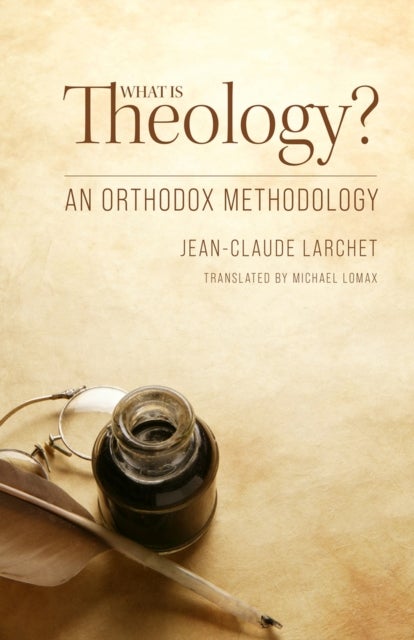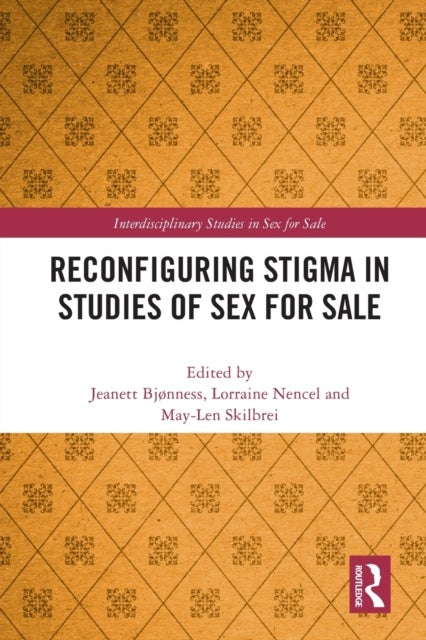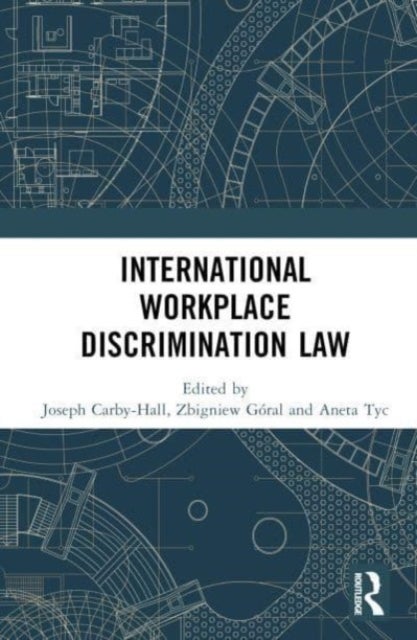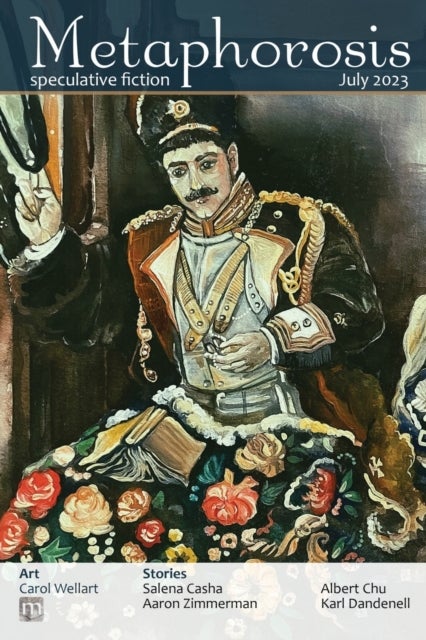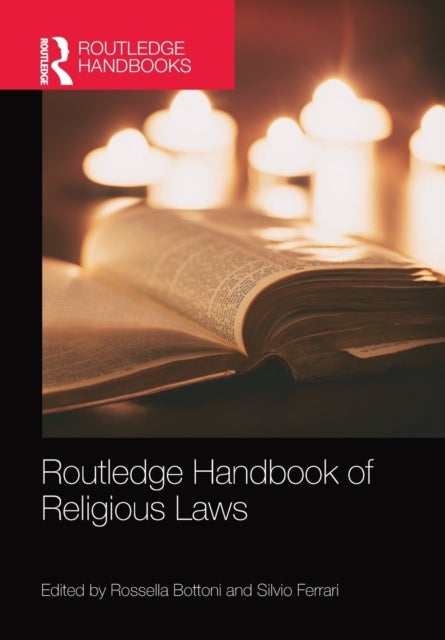
Routledge Handbook of Religious Laws
569,-
<P>Much has been written on specific religious legal systems, yet substantial comparative studies that strive to compare systems, identifying their analogies and differences, have been relatively few. This absence undermines the capacity to understand religions and becomes particularly serious when the faithful of these religions live together in the same geographical space, as happens today with increasing frequency. Both interreligious dialogue and dialogue between States and religions presuppose a set of data and information that only comparative research can provide.</P><br/><br/><P>This book seeks to address this gap in the literature by presenting a comparative analysis of Christian, Jewish, Islamic and Hindu laws and traditions. Divided into five parts, the first part of the book offers the historical background for the legal analysis that is developed in the subsequent parts. Part II deals with the sources of law in the four religions under discussion. Part III addresses t

